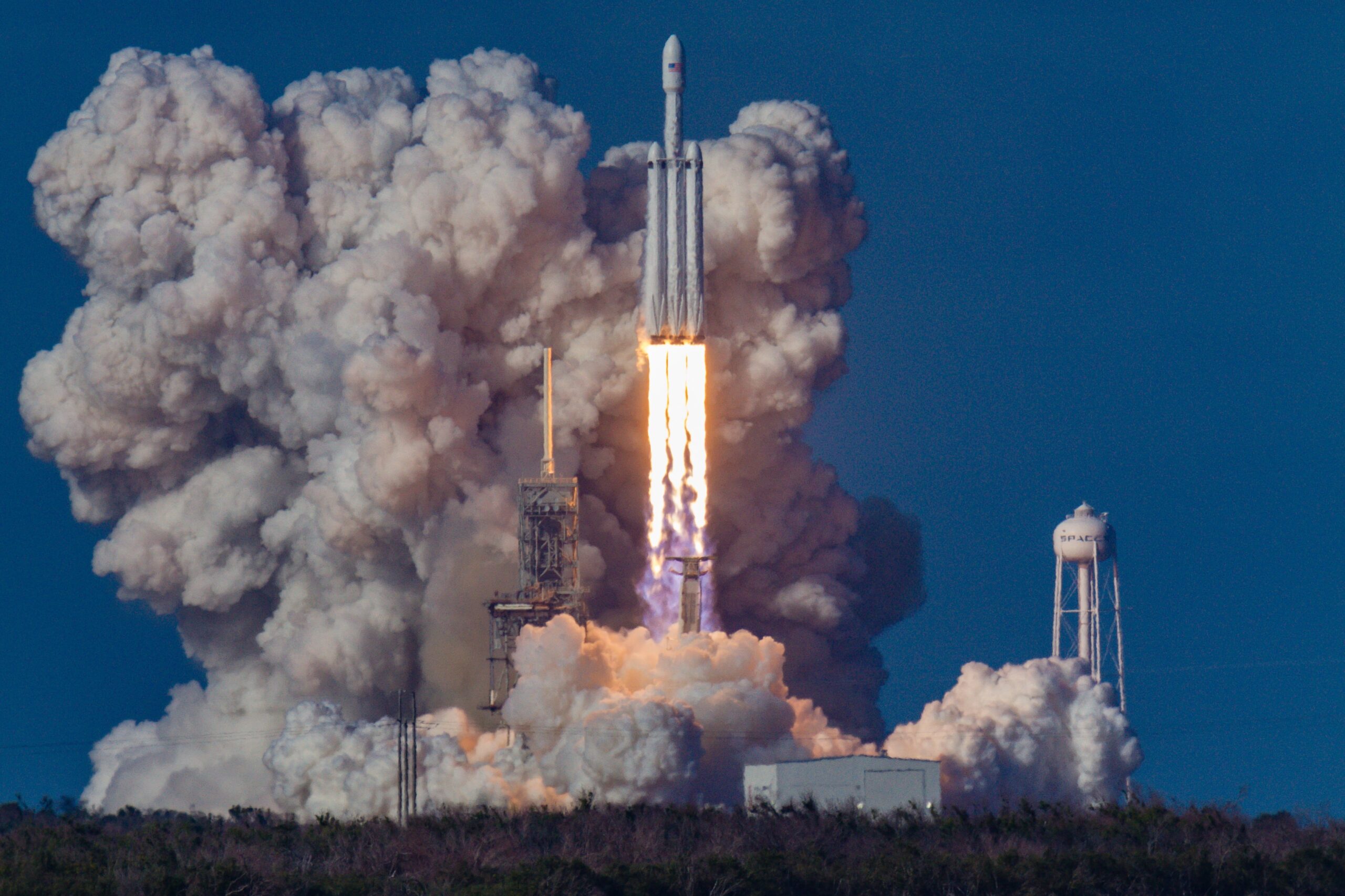The Race to Mars: Exploring the Future of Space Travel
Space travel has always fascinated mankind. From the first steps on the moon to exploring distant galaxies, humans have always pushed the boundaries of what is possible. And now, the next frontier beckons – Mars.
The race to Mars has captured the attention of scientists, space agencies, and the general public alike. With the recent advancements in technology and the increasing interest in space exploration, many believe that humans will set foot on the red planet within the next few decades.
The Challenges
However, the journey to Mars is not without its challenges. The distance alone poses a significant obstacle. Mars is an average of 140 million miles away from Earth, depending on the positions of the two planets in their respective orbits. This means a trip to Mars could take six to nine months.
During this long journey, astronauts will face numerous physical and psychological challenges. Microgravity can profoundly affect the human body, including muscle and bone loss, cardiovascular problems, and weakened immune systems. Additionally, the isolation and confinement of the spacecraft can have a significant impact on the mental health of the crew members.
The Technologies
To overcome these challenges, scientists and engineers are developing advanced technologies. One such technology is the use of artificial gravity. By rotating the spacecraft, centrifugal force can simulate gravity, thereby reducing the adverse effects of microgravity on the human body.
Another crucial technology is life support systems. Mars has a thin atmosphere and no breathable air, so astronauts must rely on closed-loop life support systems that recycle and purify air, water, and waste. These systems must be highly efficient and reliable to ensure the crew’s survival during their mission.
The Benefits
Despite the challenges, the race to Mars offers numerous benefits. First and foremost, it represents a giant leap forward in our understanding of the universe. Mars is believed to have once had liquid water, and studying its geology and climate could provide valuable insights into the history of our own planet.
Furthermore, Mars could serve as a stepping stone for future space exploration. By establishing a presence on Mars, humans would gain valuable experience living and working on another planet. This knowledge could be applied to future missions to other celestial bodies, such as the moons of Jupiter and Saturn.
The Future
International collaboration is becoming increasingly important as the race to Mars heats up. Space agencies worldwide are pooling their resources and knowledge to make the dream of Mars colonization a reality. In fact, NASA, SpaceX, and other private companies are planning manned missions to Mars within the next decade.
While the journey to Mars is fraught with challenges, it is also filled with excitement and possibility. The future of space travel is being shaped right now, and Mars is the next destination on the horizon. As humans continue to push the boundaries of what is possible, one thing is sure – the race to Mars will be a defining moment in the history of space exploration.

